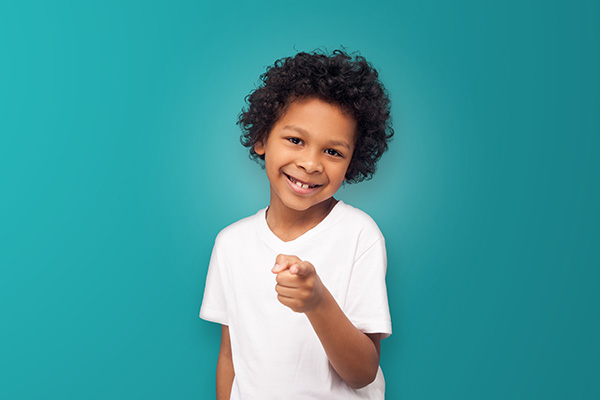The focus of this information is to help deal with the problems that often arise from potty training. The techniques of potty training will not specifically be addressed, except to state that the key is to stress bladder/bowel emptying, and not focus on holding. Often parents stress that children hold the urge to go, thinking that the child will then go empty when they get a chance. Kids don't think that way. They learn to hold, and they figure they can hold it as long as they need, and they only go at the last possible moment. Hence, they often develop problems with wetting, urinary tract infections, and constipation.
When Should A Child Be Potty Trained?
Children may potty train at different ages, just as children walk or talk at different ages. Usually children don't have the ability to potty train until after they turn 3 years old (and most are fully trained by 4 years old), so sometime after a child turns 3 is good time to work on potty training.
Children whose parents were potty trained at a later age may also toilet train at a later age, usually at the age their parents achieved control.
Why Potty Training Problems Happen
The way an infant urinates and defecates, although socially unacceptable, is in fact very healthy in normal children, because there is no inhibition of the normal reflexes. This way, the urine and stool is emptied when it needs to be, and there are fewer problems with urinary tract infections and/or constipation.
All children pass through a period of excessive holding on their way to developing the normal adult pattern of urinating and defecating. In other words, once they have gained control of their urination/defecation, they "over do it", and delay urinating or defecating to an unnatural degree. The children that get stuck in this abnormal pattern are typically the ones that present to physicians with problems such as wetting during the day or urinary tract infections. These children may have a simple behavioral problem or they may have a severe medical problem with the ability to cause injury to the child, hence the necessary medical evaluation.
What Are The Most Common Problems With Potty Training?
Note – these problems are assuming an anatomically normal child, with no abnormalities in their urinary tract or spinal cord.
Holding
The most common problem in potty training children is that once children learn to hold their urine and/or stools, they neglect to empty when nature calls and put off urinating and/or passing bowel movements to the last possible moment. This problem, which we'll call holding, is very frustrating for parents and can cause a number of problems for the child.
The results of this abnormal behavior usually include daytime wetting, having to rush to the bathroom, urinary tract infections and constipation. These children may develop an unstable or hyperactive bladder, and often curtsey or squat to hold in their urine or stool. The high pressures that develop in the bladder due to this behavior are dangerous to the health of the kidneys and bladder. The constipation that develops from holding makes the children have hard stools which are painful to pass, reinforcing the bad behavior.
Bedwetting
Bedwetting is a very common problem. Approximately 15% of 6 year olds still wet the bed, and only 15% get better each year after the age of 5. In fact, 1% of 15 years olds still wet the bed. It is important to note that isolated bedwetting is not a behavioral problem, but a delay in the development of the control of the brain over the bladder. It often runs in families, and a bedwetting child will usually stop wetting the bed at the same age their bedwetting parent did.
No treatment should be attempted for this problem before the age of 7. Even after the age of 7, treatment is only necessary if the family wants it, as the problem will eventually resolve on its own.
There are several other more severe "potty training" disorders that may affect children, but these must be diagnosed and managed by a pediatric urologist.

